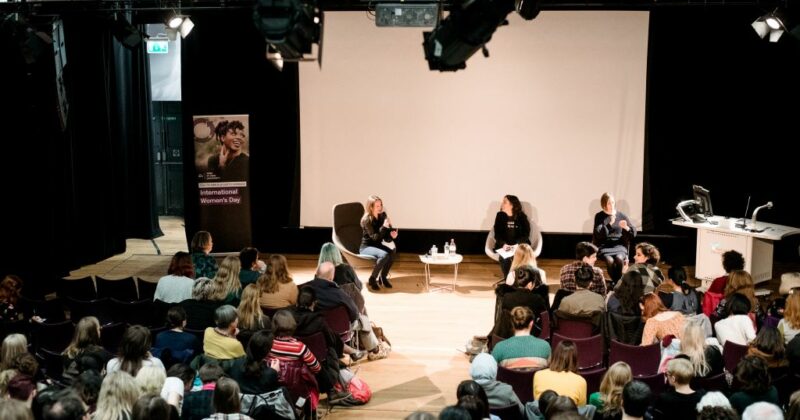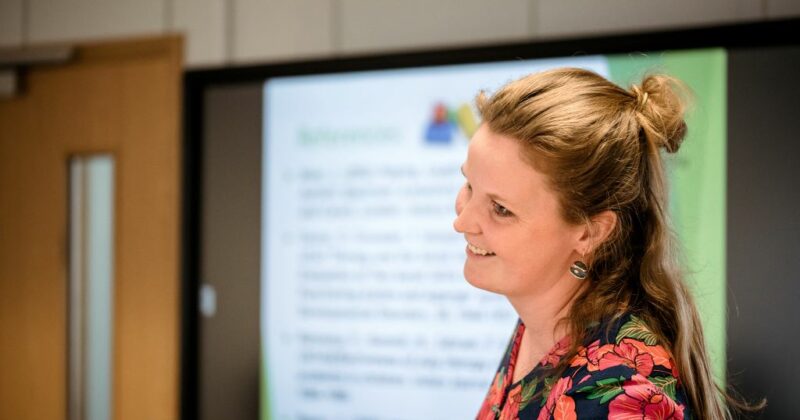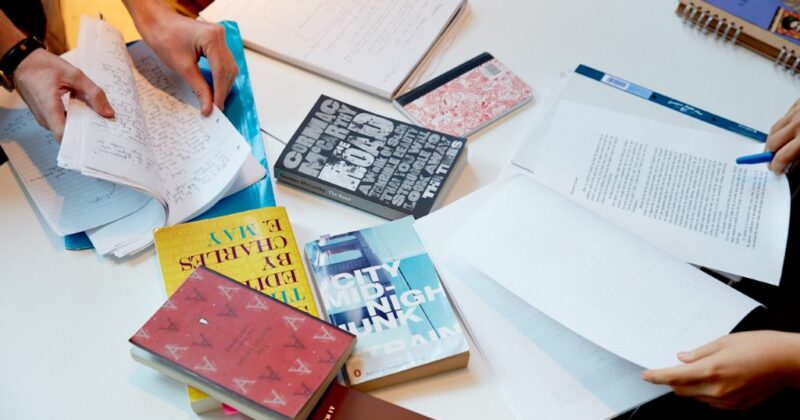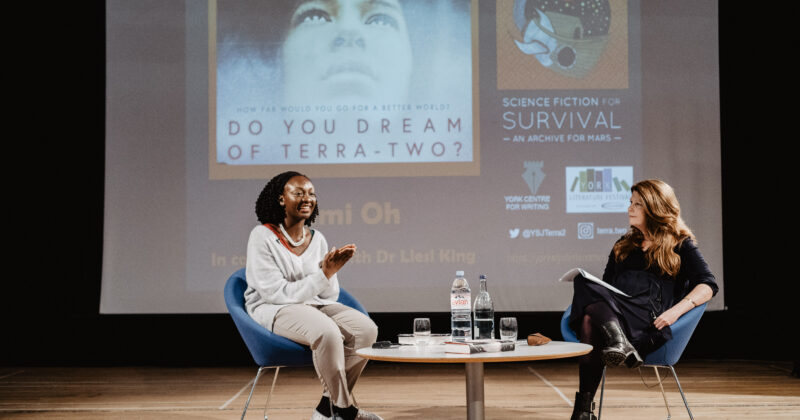Facilitator: Study Development (Timothy Lawrence and Rosie Bawn)
RDF Indicator: A1,2 & 3
Programme: PGR Research Skills Programme 2021-22
Theme: Academic Skills
Delivery: Online via Teams
Session Overview:
Are you stuck wading through a never-ending stack of articles? Or wondering how to transform your notes into a clear literature review? This session will focus on how to review academic literature effectively, and communicate this in your writing. We will explore how to identify relevant materials, and discuss how to write up this research in a critical way. We will discuss how to include a variety of important elements in your literature review, including: key arguments in the literature, why the scholarship matters, linking ideas/texts together, and how different sources support, disagree and/or develop each other.
Learning Outcomes:
Understanding the structure of a literature review and how to summarise and analyse the material.
Learn how to review literature and critically evaluate the content.
You can book your place on Eventbrite here: https://www.eventbrite.co.uk/e/reviewing-academic-literature-tickets-190988290117
MS Teams link: Join Teams Meeting...








